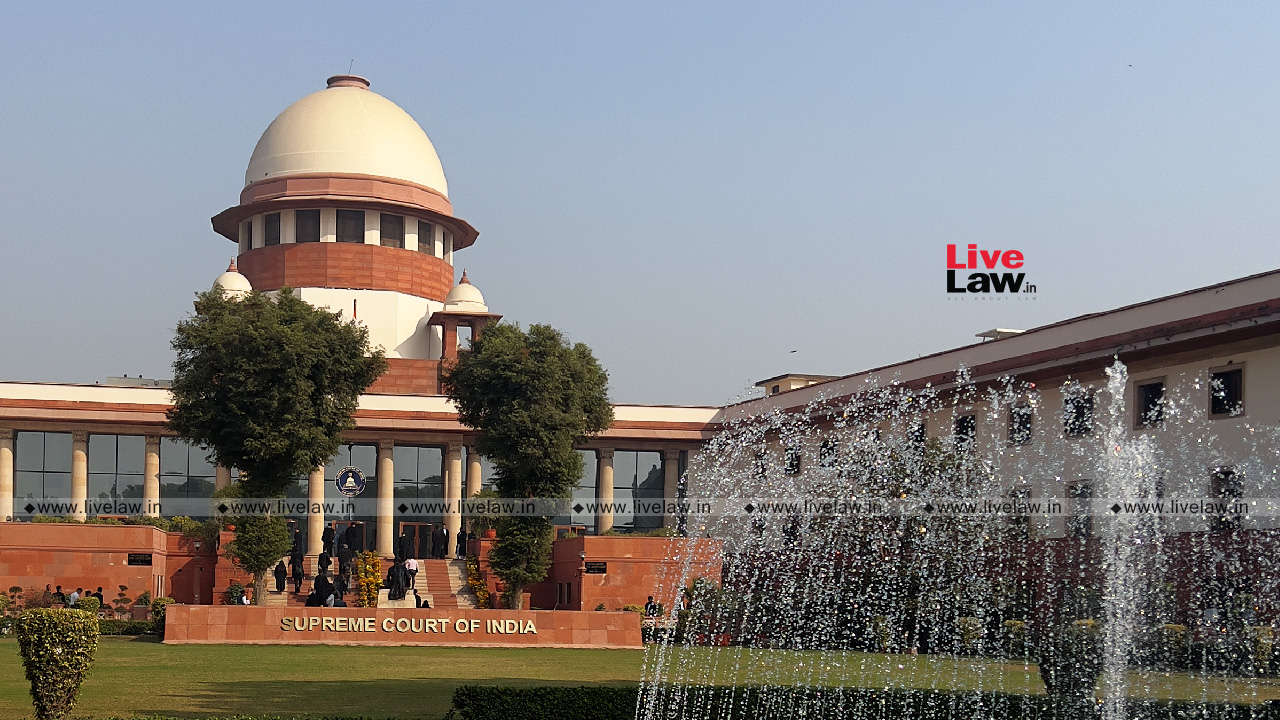 |
|
The Supreme Court of India recently expressed its strong displeasure at the recurring absence of Union Government representation in various legal matters. This criticism, delivered on December 12th, highlighted a systemic issue where the government, despite possessing a large panel of lawyers, fails to provide adequate legal representation across different benches. The court's frustration stemmed from a case concerning the admission of a student with a disability to an MBBS program. The student, belonging to the OBC category and possessing both locomotive and speech impairments, had applied for admission. The case underscores the broader issue of accessibility and representation for individuals with disabilities within the Indian education system. The government's repeated failure to appear in court, even after receiving formal notice, demonstrated a lack of seriousness towards such important cases and highlighted the need for systematic reform in legal representation. The judges noted the lack of responsiveness from the government's legal representatives, a pattern that appeared to be repeated across various cases.
The specific case that triggered the court's rebuke involved a delay in the admission of the student with a disability. Despite multiple notices being issued, representatives from the Union failed to appear on multiple occasions. This prompted the Supreme Court to take the extraordinary step of ordering the personal appearance of the Director General of Health Services, a significant escalation in the court's response. The court’s order reflects a deep concern about the ramifications of the government's lackadaisical attitude. The repeated non-appearance not only delays justice for those seeking it but also undermines the integrity and authority of the judicial process. The court's decision to summon the Director General underscored the seriousness of the situation. It is highly unusual for the court to summon high-ranking government officials over such matters, demonstrating the depth of the court's frustration and its commitment to ensuring fairness and accessibility in the legal system.
Justice Gavai's comments directly addressed the issue of the Union's inadequate representation. He pointed out the irony of having a vast panel of lawyers but still lacking adequate representation in court. The judge highlighted the inconsistency and lack of responsiveness demonstrated by the government’s legal team. The implication was that the government was not prioritizing cases related to disability rights, suggesting a systemic inadequacy in resource allocation and potentially a lack of political will to address disability issues effectively. The judge's remarks served as a stark reminder of the responsibility the government holds in ensuring equitable access to justice and services for all citizens, particularly those from marginalized and vulnerable communities. The court's actions signal not only a desire to ensure justice in individual cases but also a broader call for improved governance and responsiveness from the executive branch in handling legal matters of significant public interest.
The ultimate outcome of the case was a victory for the student, who was granted admission to the MBBS program. This positive outcome, however, was overshadowed by the underlying issues highlighted by the court's actions. The case serves as a potent symbol of the systemic challenges faced by individuals with disabilities seeking to access their rights and highlights the critical need for greater government accountability and proactive engagement in legal proceedings that affect the well-being of vulnerable populations. While the student’s admission was a positive step, it does not solve the larger systemic issue of the government's inconsistent representation in legal matters. This case serves as a cautionary tale and a call to action for broader systemic reforms to address the inadequacy of legal representation in governmental matters, particularly those involving marginalized groups. The Supreme Court's firm stance highlights the urgent need for improvements to ensure timely and effective legal representation in all cases that come before the courts.
The Supreme Court's actions in this case set a precedent, sending a clear message about the importance of prompt and consistent representation from the Union of India. The consequences of non-appearance extend beyond individual cases, potentially undermining public trust in the justice system and hampering the efficient resolution of critical legal matters. The court’s actions, in summoning the Director General, signal a potential shift in approach – a stricter adherence to holding government accountable for non-compliance. It is likely that other government departments might face similar scrutiny in the future, raising the stakes for the timely and adequate representation in all legal cases. Moving forward, it is essential to analyze the root causes of this recurring issue and implement effective solutions to ensure that the Union of India consistently provides adequate legal representation in all matters before the court, especially those involving matters of public interest and the rights of vulnerable groups.
